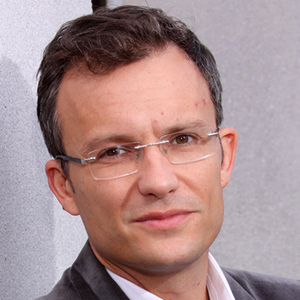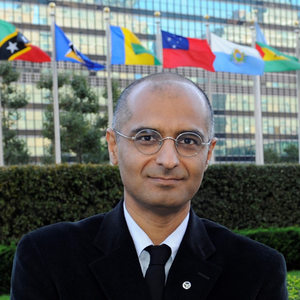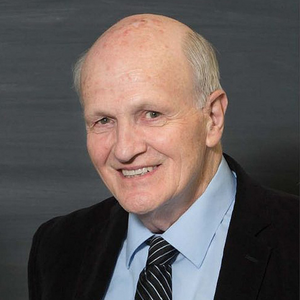Leadership and Team
The Physicists Coalition for Nuclear Threat Reduction was founded at Princeton University’s Program on Science and Global Security in 2019 by Zia Mian, Stewart Prager, and Frank von Hippel. It began operation in 2020, with support from the American Physical Society and the Carnegie Corporation. A project of Princeton University’s Program on Science and Global Security, the Coalition was initially partnered with the American Physical Society. Since 2022, it has partnered with the Arms Control Association.
Structure
The Coalition’s organizational structure includes a Steering Committee, Project Team, Advisory Committee, and a Policy and Communications Manager, as well as interns, volunteers, and the broader membership.
The Steering Committee oversees and guides all aspects of Coalition activity. The current members of this committee are Laura Grego, Daryl Kimball, Frederick K. Lamb, Zia Mian, Stewart Prager (chair), and Curtis Asplund. Former members included Frank von Hippel. The Coalition Policy and Communications Manager, Shaghayegh Chris Rostampour, serves on the steering committee ex-officio.
Current Team Members
The Coalition includes 21 team members who provide strategic guidance, support operations, deliver presentations (physics colloquia) to advance the outreach, educational and recruitment goals of the Coalition. The list below includes all team members in alphabetical order, their institutional affiliation, as well as their roles and responsibilities within the Coalition.

Curtis Asplund
San Jose State University
Coalition Roles:
- Team member
- Colloquium speaker
- Steering Committee Member
- Fellowship committee Member

Laura Grego
Union of Concerned Scientists
Coalition Roles
- Team member
- Colloquium speaker
- Steering Committee Member

Stewart Prager
Princeton University
Coalition Roles
- Team member
- Colloquium speaker
- Steering Committee Chair
- Fellowship committee

Shaghayegh Chris Rostampour
Physicists Coalition/Arms Control Association
Coalition Roles
- Policy & Communications Manager

Bárbara Cruvinel Santiago
Yale University
Coalition Roles
- Team member
- Colloquium speaker
- Fellowship committee Member
















